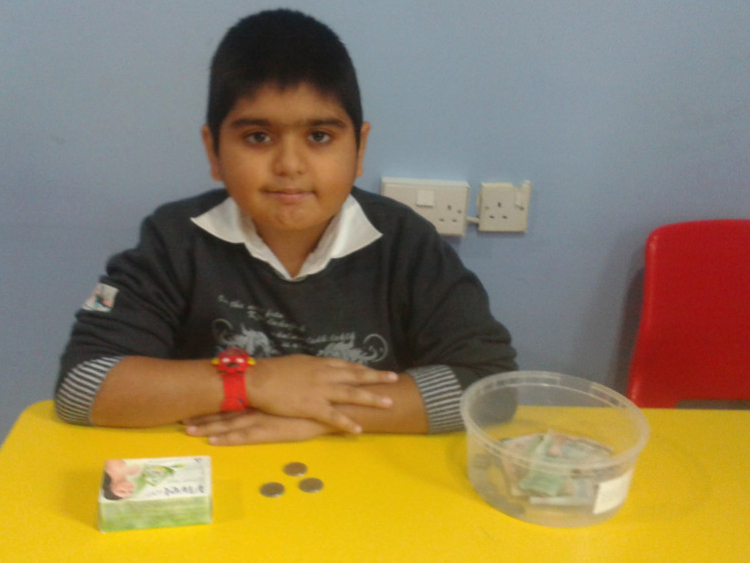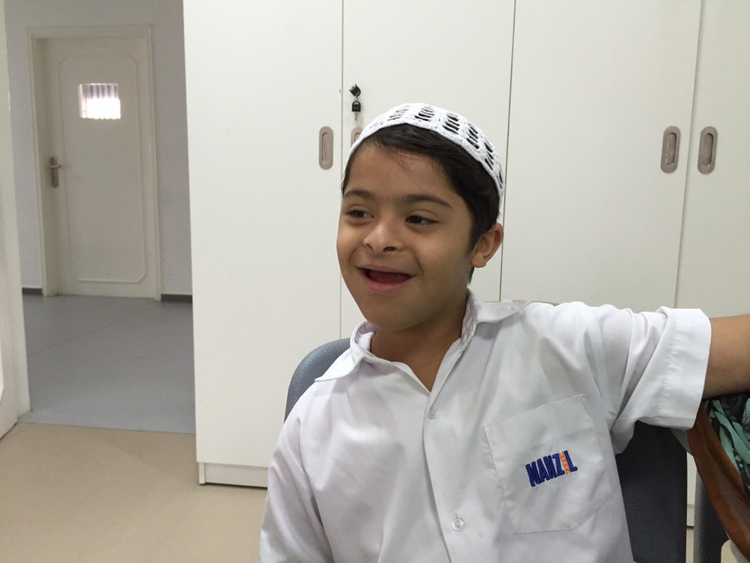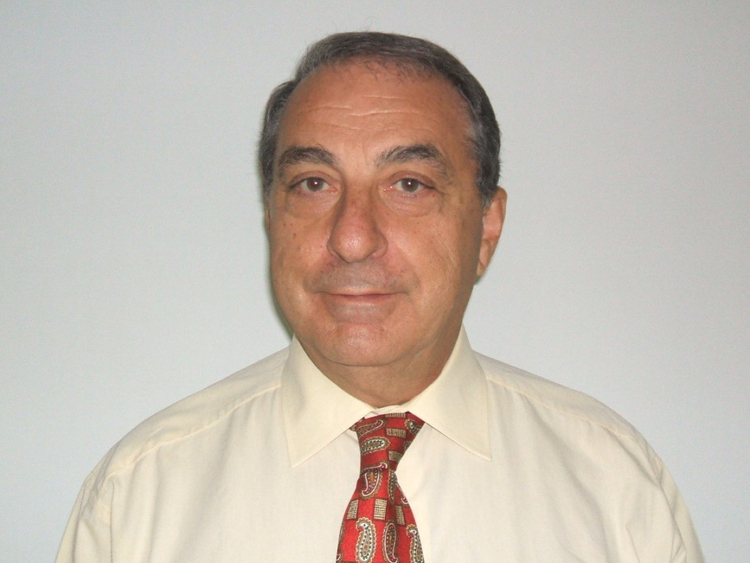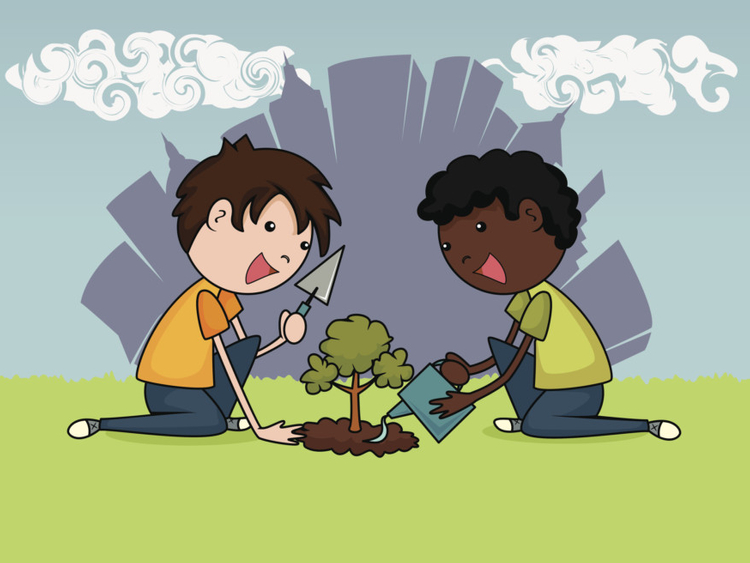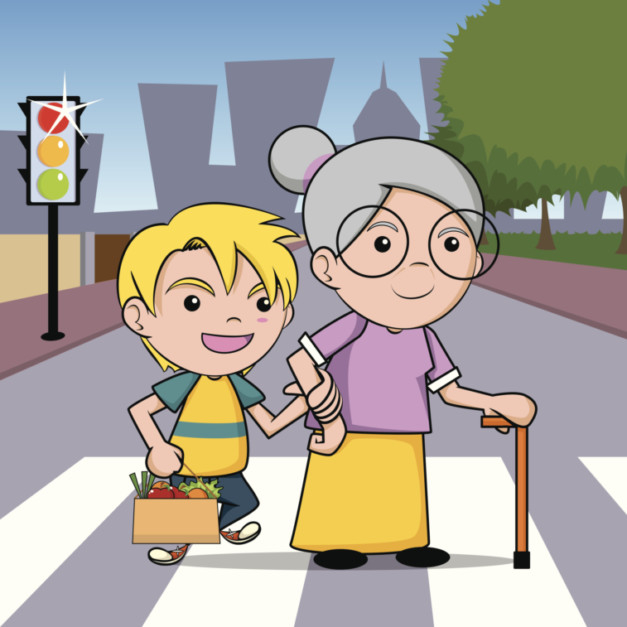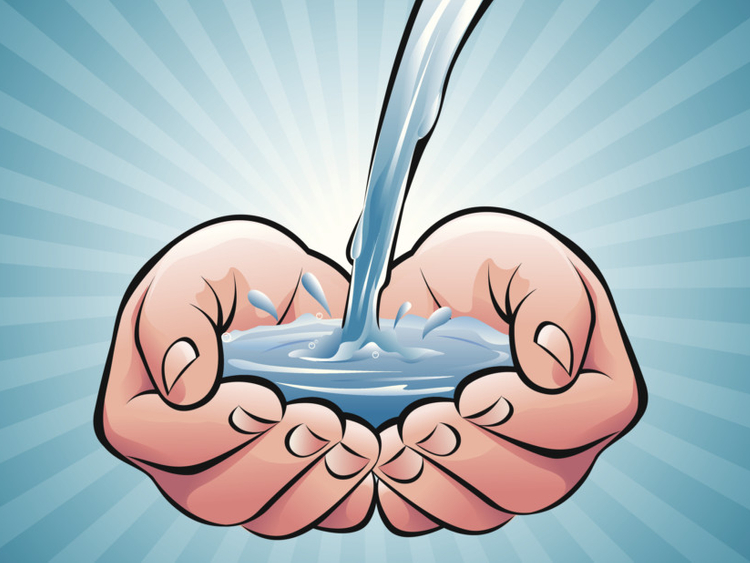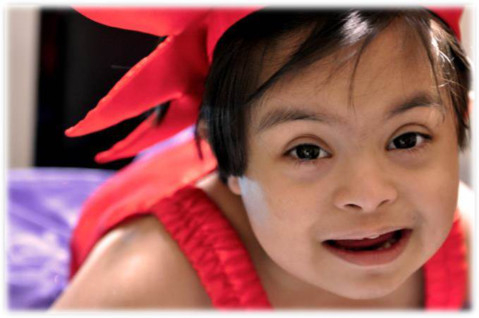
We’ve all heard that Ramadan is a time for self reflection, spiritual renewal and peace. However, what we don’t focus on is how our actions affect the community and environment. A lot of things we do leave a lasting impact on the generations to come. As the month comes to an end, we take a look at some of the things that people could do to #Stopandcare about those around them, the planet and the future.
Educate a child
Donors interested in sponsoring a child’s education will come across several options both in the UAE and internationally.
Manzil Special Needs centre in Sharjah offers donors the opportunity to sponsor the education of a child with special needs.
Sari Kuparinen, operations manager at the centre, told Gulf News: “People and organisations can sponsor Manzil students fully or partially. We also accept general donations, which are used to run educational and training programmes. Any amount will be appreciated and will help us to continue providing our services. Interested sponsors or donors can email management@manzil.ae for further details. Bank details can be found on www.manzil.ae. Students are currently on summer break, but when back in September, we are happy to receive visitors to learn more about the centre.”
Al Ihsan Charity Association Centre, an Ajman-based charity, offers a programme to sponsor a child’s education within the UAE. The project aims to help those who are unable to continue their education due to shortage of funds. Donations are used to secure their educational future and older students can enrol in training courses in order to secure jobs. More details are available on www.alihsan.ae.
Awqaf and Minors Affairs Foundation (AMAF), based in Dubai, has a project called The Family Village wherein they accept donations to not just sponsor an orphan’s education, but to provide a home and food. They currently have 2,540 minors under their care and have a nursery and kindergarten for younger children. They have managed to raise Dh62 million in health and education funds in the past five years. More details are available on www.amaf.gov.ae.
Taking it a step further, some organisations offer an option for donors to sponsor an orphan.
The Emirates Red Crescent is one of them with an option to sponsor an orphan within the UAE or overseas. The sponsorship value ranges between Dh150 to Dh200 per month for overseas and Dh300 for within the UAE. Official figures from 2010 show that the organisation sponsored 58,885 orphans, with the value of the sponsorship at Dh131 million. Those interested in donating can visit the organisation’s official website, www.rcuae.ae or one of its branches in the country.
Dubai Cares has changed the lives of 13 million children in 39 developing countries around the world. They accept donations to sponsor an orphan, build schools, provide safe water sources, feed school children and train teachers. In fact, they even offer donors an option to adopt an entire school. In 2014, a total of 15 schools were adopted in Palestine, Nepal, Senegal and Malawi. As part of adopting a school, the donor group — up to 15 people — may travel to support the community with the construction of the school, with the exception of Palestine.
Internationally, many groups are also working towards sponsoring orphans and their education.
Human Appeal International, a relief charity based in Manchester, England, is currently supporting 80,000 orphans worldwide who are either victims of war, natural disaster or political upheaval and have no access to food, clean water, medicine or education. With just £25 (Dh141.5) a month, donors can sponsor an orphan and provide everything needed to survive.
The Citizen’s Foundation (TCF), a non-profit organisation in Pakistan, believes that access to basic education is the right of each individual and not a privilege. Thus, they are working towards building and managing schools in less privileged areas of Pakistan since 1995. Donors have the option to educate a child or support the construction of schools. Details on their projects are available on www.tcf.org.pk.
Save water
In rural and poor urban communities across the world, especially in developing countries, millions of people suffer from a lack of access to clean, safe water. Many walk miles to gather water from streams and ponds - full of water-borne disease that makes them and their families sick.
According to The Water Project, Inc. a non-profit organization based in the United States, nearly 1 billion people, mostly in the developing world, have no access to safe water. More than double this number - about 2.4 billion - has no access to any form of improved sanitation facilities.
How can you help? Here are ways:
Donate to global water crisis organisations to help regions facing water crisis. Here are a few to name: Drop in the Bucket, Water Can, Charity: Water, WaterisLife, Water to Thrive, National Wildlife Federation, Water for People, Just a Drop, H2O for Life and Water.org.
Save water at home: Gulf News reader Merin Mathew said, “I am consciously making efforts to save water. I ensure not to leave the tap running while brushing my teeth. I reduce the water faucet flow while doing dishes and am limiting myself to one bucket of water to bathe as compared to the 40-minute shower.” Another reader Fatima Suhail suggested: “Washing laundry once or twice weekly would also help save water.”
Here are some other ways:
Install a low-flow showerhead, and take shorter showers. Fix water leaks. Household water leaks waste more than 1 trillion gallons each year. Install a low-flow faucet on your kitchen sink. Boil food in as little water as possible to save water and cooking fuel.
Gulf News reader Arslan Khan was impressed by a water conservation technique in Japan, wherein washbasins are constructed above flush tanks to reduce water wastage.
Adult literacy
Saraswati A. a 42-year old Indian expatriate in the UAE has been working as a maid for the past 24 years. Until the age of ten she attended a local village school, where the medium of education was the local dialect. She said: “I had to start helping my parents and work to earn a living for my family. But over the years I made an effort to learn the English alphabets and connect the sounds slowly to say words, understand English, Hindi and basic mathematics, and also learn how to speak Arabic.” She is happy that she can make basic calculations to send money back home. She is confident that she can find her way back home and not lose her way. Adult literacy helps solve global issues like unemployment, poverty, violence and substance abuse.
A lot of us mistake adult literacy to mean adults being able to read and write. According to educators and activists across the world, to be considered literate, you have to be able to at least add, subtract, multiply, and divide, so you can balance your cheque book.
The United Nations Educational, Scientific and Cultural Organization (Unesco), launched an Institute of Lifelong Learning, to tackle the problem of Adult Literacy around the world. On their website, www.unesco.org/uil/litbase, they have listed programmes around the world that work towards adult literacy.
Here are some tips on how you can help towards eradication of adult illiteracy: Donate funds, books or resources at one of the global organisations working for the cause, volunteer to teach an illiterate adult, make study groups offering to teach illiterate adults, talk to housemaids and help them if they want to study, create awareness by talking to people on the need to address this issue.
Plant a tree
According to the World Wildlife Fund: “Some 46-58 thousand square miles of forest are lost each year—equivalent to 36 football fields every minute.”
The reasons for deforestation are many. “Fires, clear-cutting for agriculture, ranching and development, unsustainable logging for timber, and degradation due to climate change” are all natural and man-made processes, which contribute to deforestation. How can we help reverse this loss, especially for the well-being of future generations? Plant a sapling.
Many local projects in the UAE are dedicated to planting trees for a better environment. One of those is Give a Ghaf, devoted to planting the local tree “Ghaf” for all the benefits it has.
Tatiana Antonelli, founder of Give a Ghaf, spoke to Gulf News about the different benefits that Ghafs have on the environment. She said: “A Ghaf tree consumes only half a litre of water per day, whereas a palm tree consumes up to 150 litres daily.” Antonelli added that Ghaf trees are called “hot spots” in biology, or “islands of fertility”. They allow 30 or more other species to survive such as mammals, birds, and even insects.
Their roots run deep. “They stabilise the sand, which is very important to fight desertification – a very big problem at the moment,” Antonelli said.
Ghaf trees are very important for people living in the desert, who use them as means of navigation, shelter, and food. “They make salad with the leaves. They use the pods to cook fish, and they produce honey by putting hives on the ghaf trees,” she said.
Furthermore, these trees are used for medicinal purposes. “They are used to cure scorpion bites, snake bites and and they make tea with the leaves for digestive problems.”
People can contribute to this project online, where they can buy as many trees as they want, or they can go in groups to plant the trees by themselves: www.giveaghaf.com.
Respecting elders
According to the World Health Organization (WHO), “The global population of people aged 60 years and older will more than double, from 542 million in 1995 to about 1.2 billion in 2025.” According to the same source, “Around 4-6% of elderly people report significant abuse ....”
According to Gulf News reader Alan Godfrey, 65, treatment of the elderly varies across cultures. “In England, people can’t wait to put their elderly in nursing homes to get rid of them, whereas in European or Asian cultures, they live with their elderly, have meals with them, and they respect them immensely, and it is beautiful to see.”
Godfrey also adds that society as a whole should give more consideration to the elderly. He reports that people on buses or on the Metro do not get up to allow him or his wife to sit.
Godfrey considers that better treatment of the elderly begins with the home. Parents allowing their children free access to media and technology is a major reason for young generations becoming negligent of older generations, where “games and TV became all about death and destruction and people grow up to kill”. The violence is breeding out the gentleness in young people, according to Godfrey.
Yousef Shalabi, 74, also thinks that parents are to blame for distancing children from their grandparents. “You can’t blame young people for anything. The nearer you are to your sons and grandchildren, the bond becomes stronger. If you don’t see your grandfather, what kind of bond do you have?” Shalabi has nine grandchildren who live abroad.
Like Godfrey, Shalabi thinks that technology is a main contributing reason to young people being “self-centered” and not paying attention to the elderly. “They are different generations. Things have changed over 50 years ... they are busy within themselves and have no time for others.”
— Sandy Azmy is an intern with the Readers Desk at Gulf News.


